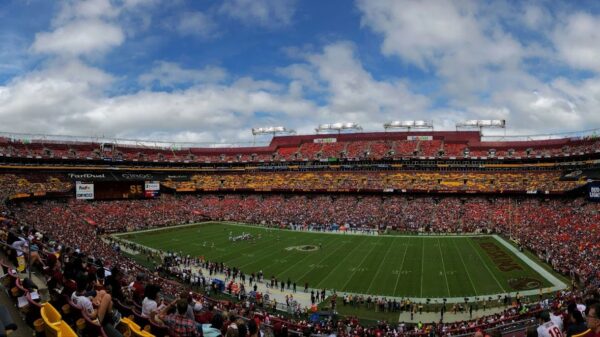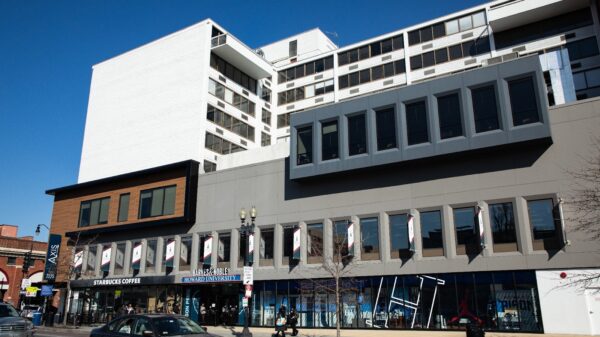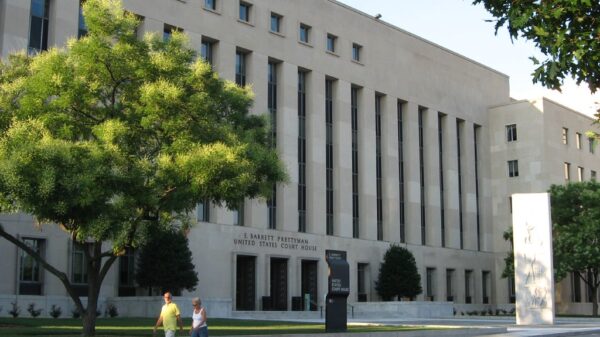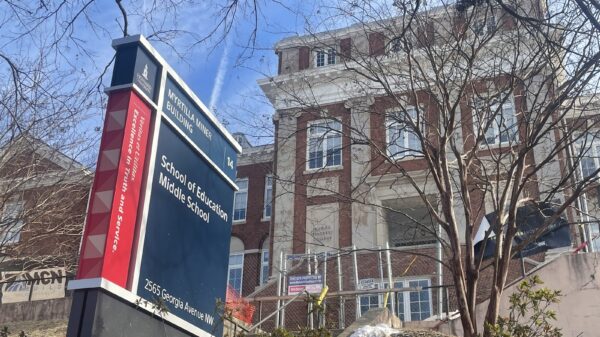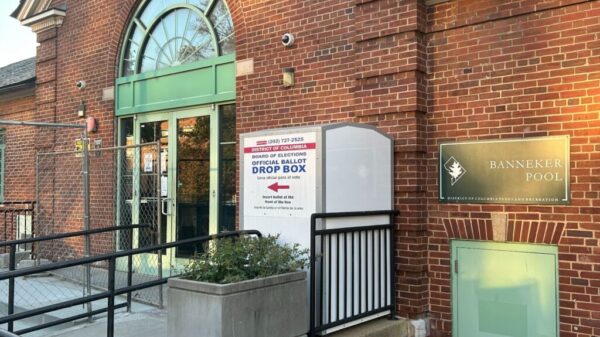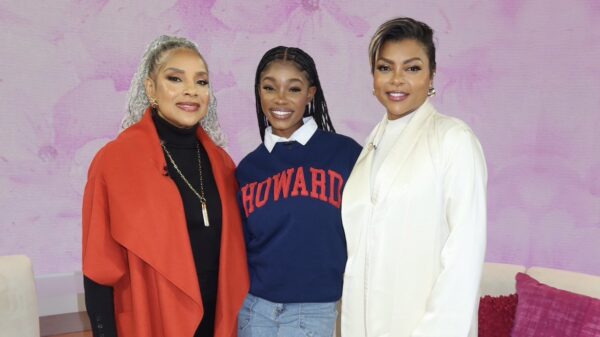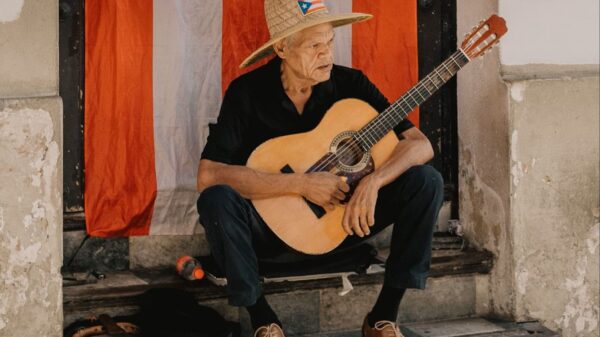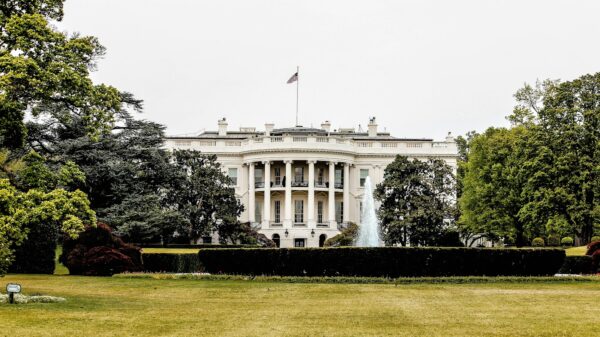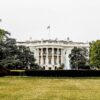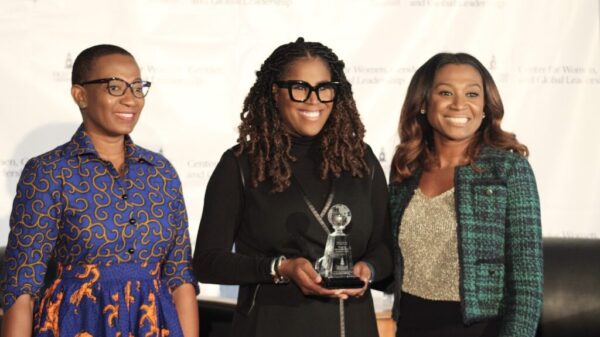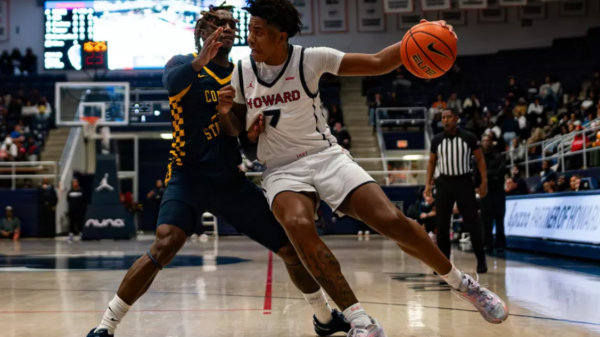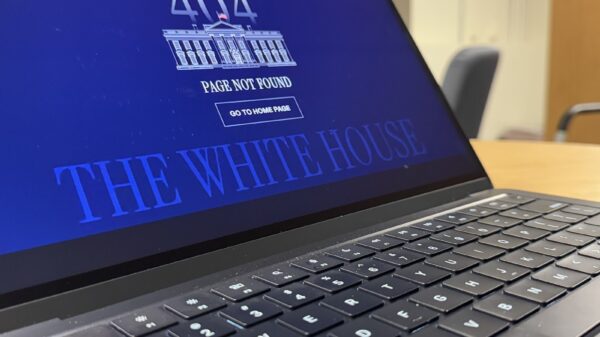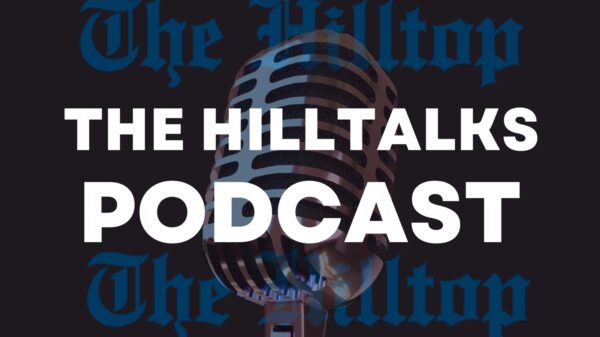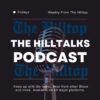The Poor People’s Campaign: A National Call For Moral Review (PPC) announced their initiative to reach out to 5 million low-income people and low propensity voters through phone and text banking and voter registration to get them engaged and ready to vote ahead of the midterm elections.
PPC has targeted 15 competitive states to reach out to voters: Alabama, Arizona, Florida, Georgia, Illinois, Kentucky, Michigan, Mississippi, North Carolina, Ohio, Pennsylvania, South Carolina, Texas, Wisconsin and West Virginia. They believe they can make a massive impact on the races in these states by tapping into their voters.
“When poor people and low-income people go to the polls, they can say with their votes, ‘We will make you listen. We will make you address our issues. And if you don’t, then we will elect someone who will,’ Rev. Dr. Elizabeth “Liz” Theoharris, the co-chair of PPC, said.
According to the study that the campaign released last year, Walking the Sleeping Giant: Poor and Low-Income Voters in the 2020 Elections, 58 million low-income voters took part in the 2020 presidential election, making up 33 percent of the total electorate and 45 percent in the battleground states. However, over 80 million were eligible to vote, meaning over 20 million did not vote.
“We represent 32 pecent of the electorate and 45 percent of the electorate in battleground states. And, it’s time for that power to be organized, mobilized and felt in every election throughout this country,” Rev. Dr. William Barber II, co-chair of PPC, said of poor people in an interview with Democracy Now!.
The PPC has been very vocal about the level of poor and low-income people in the U.S. being at 140 million, 43 percent of the population, as well as the amount of people without health coverage being at 87 million.
“Addressing the policy issues in this country means recognizing that while 400 people make an average of $97,000 an hour, over 50 million people make less than $15 an hour,” the group said in a press release.
These efforts to get out the vote and engage low-income voters fall in line with many other civil rights and voting rights organizations this midterm season. The National Coalition’s Unity 22 Black Voting and Power Building Campaign, a coalition of over 50 organizations looking to engage and turnout Black voters for the midterms, was announced over the summer.
Lauren Robinson, a Howard University criminology student and a member of the Howard University College Democrats, emphasized how important voting in the midterms is.
“We’re quite literally fighting for the future of our nation and our world. Climate action, reproductive rights, criminal justice reform, voting rights….They’re all on the ballot,” Robinson said.
“The bulk of people living in disadvantaged and low-income communities are Black and brown people….We’ve seen a strategic and calculated attack on the rights of this demographic of people,” she continued.
Robinson also expressed how much more energized young people should be to vote.
“I’m not sure young folk completely grasp and understand what’s actually at stake. Perhaps they have a better idea after the fall of Roe vs. Wade, but I’m still nervous,” she said.
Data from the firm TargetSmart shows 52 percent of women under 25 registered to vote after the overturning of Roe v. Wade and an overall uptick in younger people registering to vote as well. PPC recognizes the impact of mobilization.
“A powerfully organized, committed group of people mobilizing people around issues, not around personalities, can have tremendous impact,” the PPC said.
Copy edited by Jadyn Barnett


